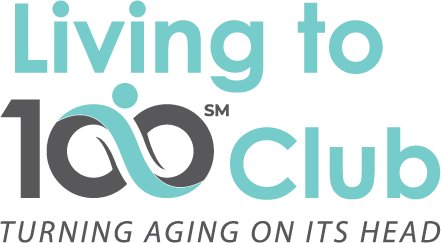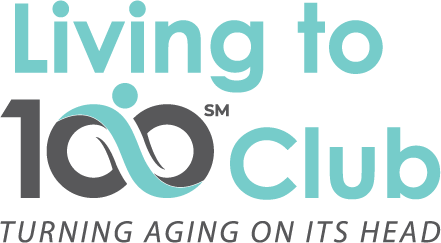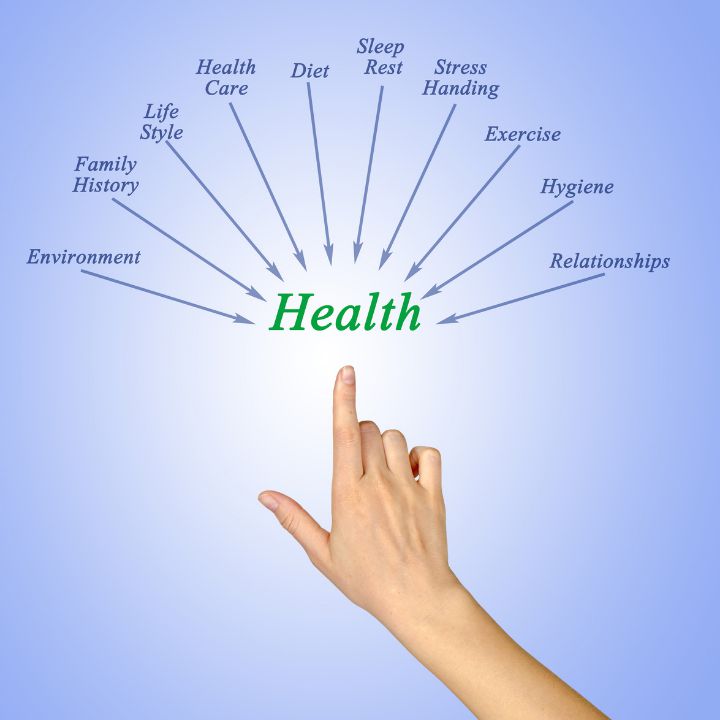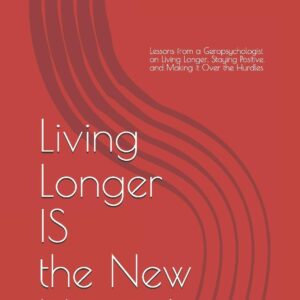Description
A healthy lifestyle contributes to how long we live. This is obvious. But the latest scientific research has a powerful message about living longer. Our lifestyle has more of an influence on how long we live than our genes. The National Institute of Health published research in 2016 estimating that up to 70% of our longevity is determined by lifestyle, while approximately 30% is determined by our genetic makeup. So, we can have much more influence on how long we live than we thought previously. And, most likely, previous generations could have longer than they believed as well.
More research is surfacing about the relationship between our views of aging and will to live. A collection of articles published in the National Library of Medicine continue to show that longevity is increased by positive perceptions of aging. One of the articles’ lead authors, Becca R. Levy, says that when aging is seen as a time of decline, helplessness, and dependency, these individuals tend to experience more stress. They also engage in fewer activities related to healthy behaviors. In contrast, people who are more active and have a stronger will to live hold views on aging that are more positive.
Dr. Levy is a psychologist and epidemiologist at Yale University. She has a new book, Breaking the Age Code: How Your Beliefs about Aging Determine How Long and How Well You Live. She maintains that people with positive age beliefs live longer, 7.5 years on average, than those with negative beliefs.
Let Go of the Self-limiting Beliefs
We have much more control over our future years than we ever thought possible. And much of it starts with our self-perception and our own attitude about aging. Let’s dismiss the self-limiting views and continue to open new doors. Let’s remember we have the maturity, wisdom, compassion, tolerance, and independence to embrace a positive notion about growing older. As Kane Tanaka says (see Living to 100 Club March Newsletter), as great as the memories are, focusing on the future is so much more important than the past.
Take advantage of this healthy lifestyle self-assessment. This is one of our Tools to 100, on the Living to 100 Club website. By completing this self-assessment audit, you can better understand how your current lifestyle practices and your outlook on aging compare with where you want to be.
Look at the recommendations on improving scores, where the scores are low. And repeat this assessment periodically to see what changes occur.




Reviews
There are no reviews yet.